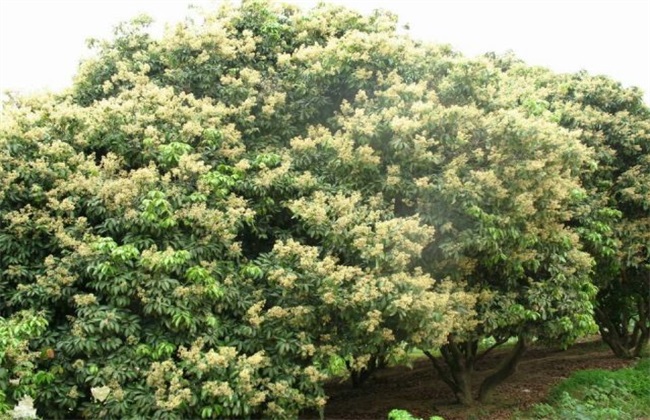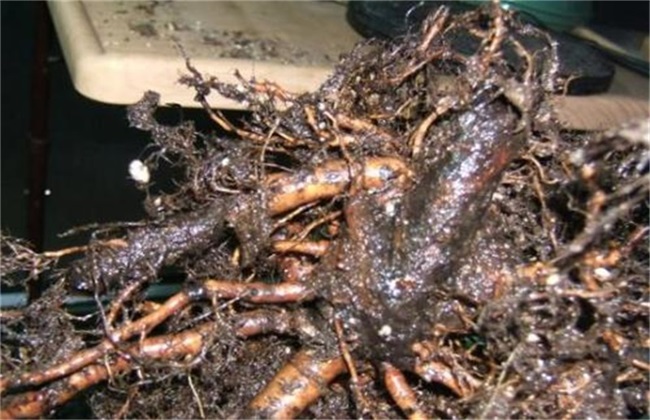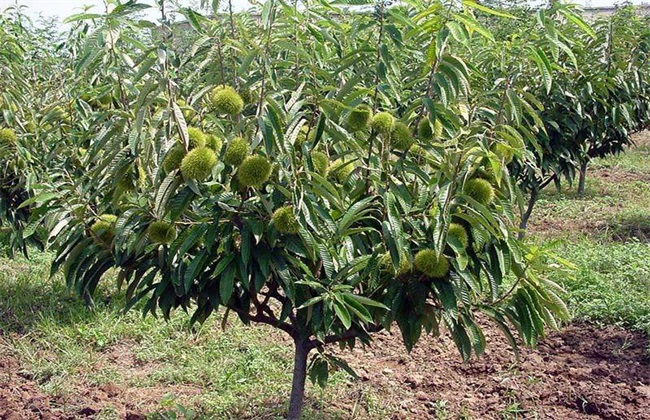What if litchi blossoms and doesn't bear fruit?
Litchi can grow well when it is adapted to the tropical environment and is generally maintained at the right time. However, in the case of extensive management and stocking, it is easy to blossom but not bear fruit, and stocking for a long time has become an ornamental. It will cause certain loss to the economic benefit of planting. Therefore, in order to maximize benefits, we need to use the measures mentioned below!

First, reasons
Continuous rainfall, disperse pollen, affect the effect of pollination, or days of strong winds make pollen fly away, poor fertilization. The hot weather prevents the pollen from blooming and fertilisation. The soil is hardened, impenetrable, barren and unnutritious, and the water is not sufficient, which makes the tree grow poorly and does not have enough nutrition to provide fruit. Diseases and pests harm the tree, causing the tree to weaken and the fruit to fall off.
2. Adjustment method
1. Control water and fertilizer
In all stages of growth and development, real-time topdressing should be based on the comprehensive situation, and the responses of leaves, fruits and branches of the tree should supplement the trace element fertilizer necessary for the tree. Mature fermented farm manure, which accounts for 70% of the total amount of the whole year, should be applied as base fertilizer after fruit harvest or during spring sprouting and sprouting. At the same time, organic liquid fertilizer, such as plant nutrition regulator Yuhualing 2, was sprayed on the leaves after flowering and before flowering for 2-3 times. But do not apply nitrogen fertilizer before flowering to avoid overgrowth.
two。 Truncated spike
When the main spike grows to about 10 cm, it needs to be cut short, leaving 4-5 strong lateral spikes to avoid nutrient consumption. Cooperate with spraying plant nutrition regulator, improve the light and function ability of leaves, produce more nutrients to meet the growth and development needs of trees and fruits, and keep the tree in good condition.
3. Wiping buds and thinning branches
When the growth of branches is sufficient for the current year and the next year, it is necessary to timely remove cross branches, overlapping branches, disease and insect branches, weak branches and withered branches to avoid nutrient consumption. Removing the overgrown branches at the top to eliminate the apical dominance to store nutrients and balance the tree potential can also make the tree ventilated and transparent to prevent flowers and fruits from falling due to the closure of the internal environment caused by low temperature, overcast and rain.
4. Thinning flowers and protecting fruit
Let the first batch of flowers fall off about 50%, 70%, and then cultivate the late flowers into female flowers, promoting fruit setting. If you need to ripen the fruit, you can not retain the late flowers after the first batch of mother flowers have completed pollination and fertilization.
5. Artificial pollination
When the anther was cracked, the pollen was collected with a wet brush and mixed with sucrose and 0.01% borax to form a pollen liquid, which was sprayed on the open female flowers within half an hour after harvest.
Litchi only blossoms but does not bear fruit, there are the above reasons, I hope you can understand after the targeted treatment of their own litchi tree does not blossom, take corresponding measures to promote litchi blossom and fruit, to achieve yield.
Related
- Moge, come on! The staff of the peasant association in the producing area of cantaloupe were frightened when the crowd gathered.
- Causes and Solutions of low Fruit setting rate of Apple
- Symptoms and control measures of passion fruit virus disease
- Fruit growing lesson: how do apple orchards keep high yields?
- Can you build orchards in the mountains? What are the pros and cons?
- How to manage the coloring period of Crisson grape?
- This paper introduces the processing technology of two kinds of fig products.
- How much is a month for retired teachers in rural areas by 2020?
- How can strawberry planting increase sugar content? We should pay attention to management in many aspects.
- What are the cultivation techniques on how to improve the yield of golden fruit?



